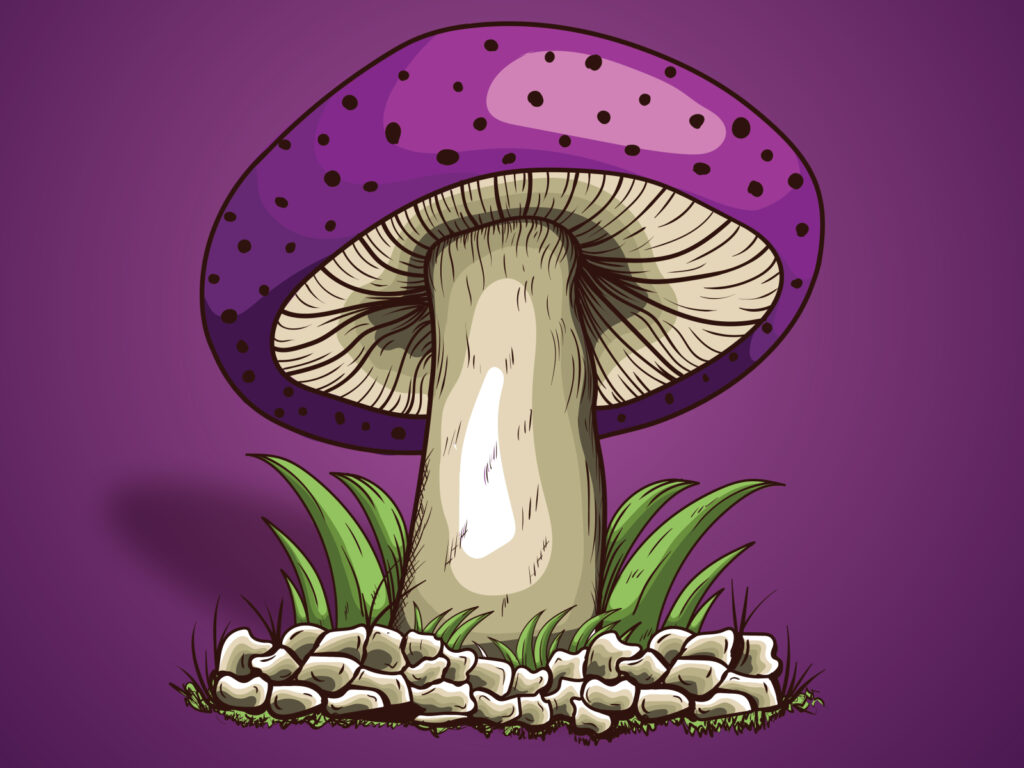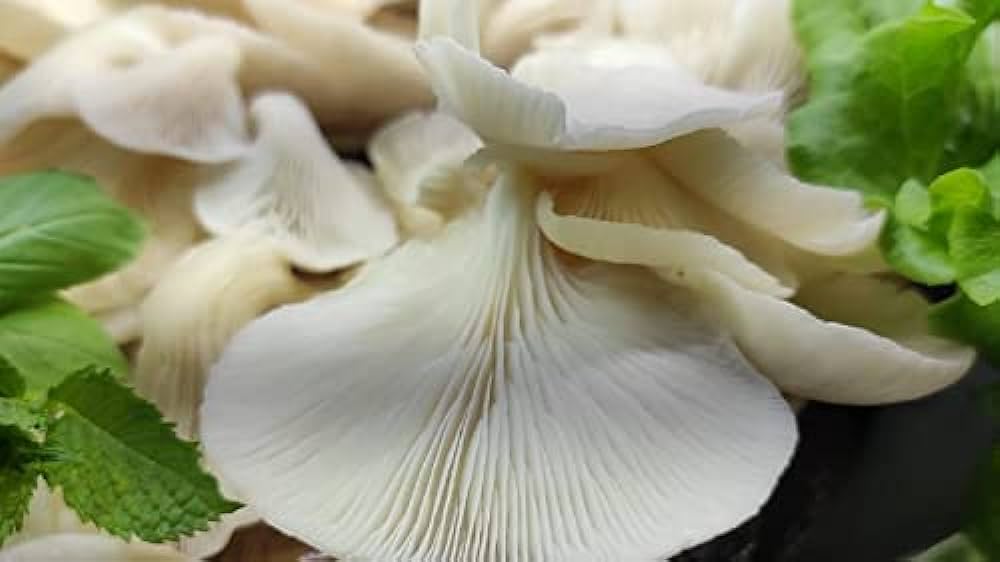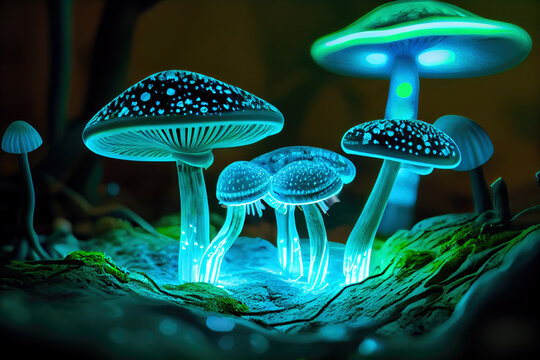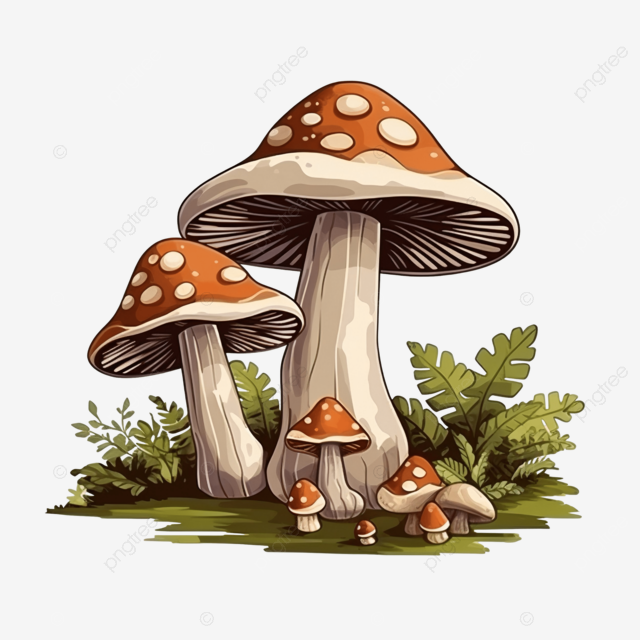Mushrooms, the enigmatic fungi that inhabit forests, fields, and even our culinary imaginations, have long been revered for their unique flavor, nutritional benefits, and fascinating biological properties. These remarkable organisms, neither plant nor animal, hold a special place in human history, culture, and cuisine. In this article, we delve into the captivating world of mushroom, uncovering their diverse species, nutritional value, medicinal properties, and cultural significance.

The Kingdom of Fungi
Mushrooms belong to the kingdom Fungi, a vast and diverse group of organisms that includes yeasts, molds, and mildews. Unlike plants, fungi do not photosynthesize but instead obtain nutrients by breaking down organic matter in their environment. Mushrooms, specifically, are the fruiting bodies of certain fungi, emerging from a network of thread-like structures called mycelium, which grows beneath the surface of soil, decaying matter, or other substrates.
A Myriad of Species:
The world of mushrooms is incredibly diverse, with thousands of known species and many more yet to be discovered. From the humble button mushroom (Agaricus bisporus) to the exotic chanterelle (Cantharellus cibarius) and the majestic shiitake (Lentinula edodes), each species boasts its own unique flavor, texture, and nutritional profile. While some mushrooms are prized for their delicate taste and aroma, others are revered for their medicinal properties or even their psychedelic effects.

Nutritional Powerhouses:
Beyond their culinary appeal, mushrooms are also nutritional powerhouses, packed with essential vitamins, minerals, and antioxidants. They are low in calories and fat but rich in protein, fiber, and various micronutrients. Certain mushrooms, such as shiitake and maitake, are particularly high in compounds like beta-glucans, which have been linked to immune-boosting and anti-inflammatory effects. Additionally, mushrooms are one of the few natural dietary sources of vitamin D, making them especially valuable for individuals with limited sun exposure.
Medicinal Marvels:
For centuries, mushroom have been used in traditional medicine systems like Traditional Chinese Medicine (TCM) and Ayurveda for their purported health benefits. Modern research has begun to uncover the scientific basis behind many of these traditional uses, leading to a growing interest in mushroom-derived supplements and pharmaceuticals. Compounds found in certain mushrooms, such as reishi (Ganoderma lucidum) and lion’s mane (Hericium erinaceus), have shown promise in supporting immune function, reducing inflammation, and even potentially combating cancer.

Culinary Delights:
In the kitchen, mushroom are celebrated for their versatility and depth of flavor, adding a savory umami punch to a wide range of dishes. They can be sautéed, roasted, grilled, or even pickled to enhance their natural taste and texture. From hearty mushroom risottos and creamy soups to gourmet pizzas and umami-rich sauces, the culinary possibilities are endless. Moreover, with the rise of plant-based diets, mushrooms have emerged as a popular meat substitute, thanks to their meaty texture and ability to absorb flavors.
Cultural Significance:
Throughout history, mushrooms have held a special place in human culture and folklore, often symbolizing mystery, renewal, and transformation. In many indigenous cultures, mushrooms have been revered as sacred symbols of the earth’s abundance and fertility. They feature prominently in myths, rituals, and spiritual practices, with some cultures even regarding certain mushrooms as gateways to the divine or portals to other realms of consciousness.
Environmental Impact:
Beyond their culinary and medicinal value, mushrooms play a crucial role in ecosystem health and sustainability. As decomposers, they help break down organic matter, recycling nutrients and enriching the soil. Some mushrooms form symbiotic relationships with plants, facilitating nutrient uptake and enhancing plant growth. Additionally, certain species have the remarkable ability to break down environmental pollutants and toxins, making them valuable allies in environmental remediation efforts.

The Future of Mushrooms:
As our understanding of mushroom deepens and technology advances, the potential applications of mushrooms seem limitless. From biodegradable packaging materials made from mycelium to fungal-based textiles and even building materials, researchers are exploring innovative ways to harness the unique properties of mushrooms for a more sustainable future. Moreover, ongoing research into the medicinal properties of holds promise for the development of new therapies and treatments for a variety of ailments.
Conclusion:
Mushrooms, with their diverse species, nutritional benefits, medicinal properties, and cultural significance, are truly remarkable organisms that continue to captivate and inspire us. Whether enjoyed as a delicious culinary ingredient, utilized for their medicinal properties, or revered for their ecological importance, mushrooms are a testament to the wonders of the natural world. As we continue to unlock the secrets of mushrooms, we gain a deeper appreciation for their vital role in our lives and the planet we call home.
